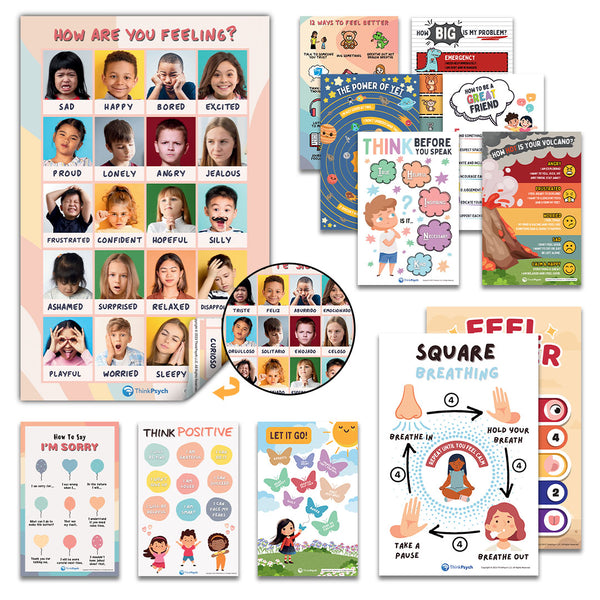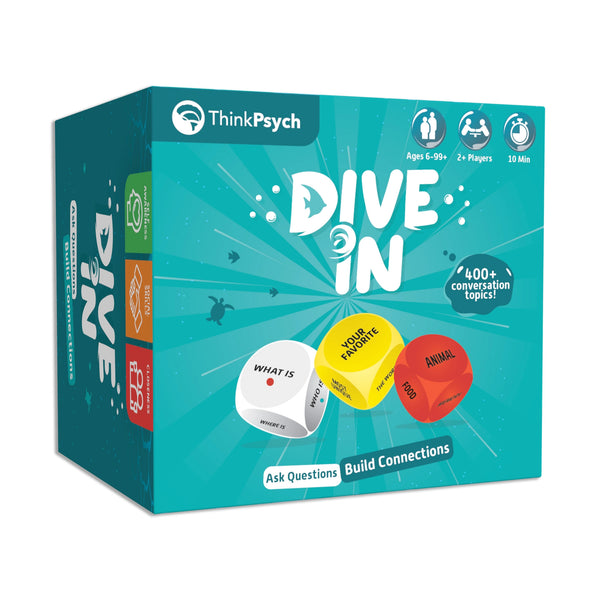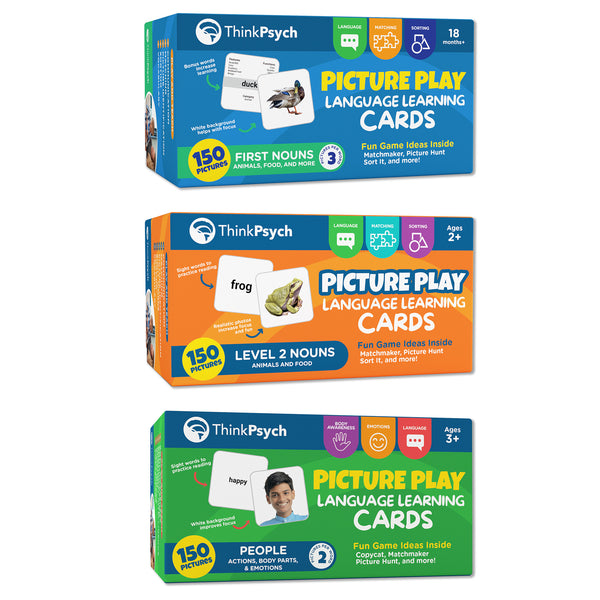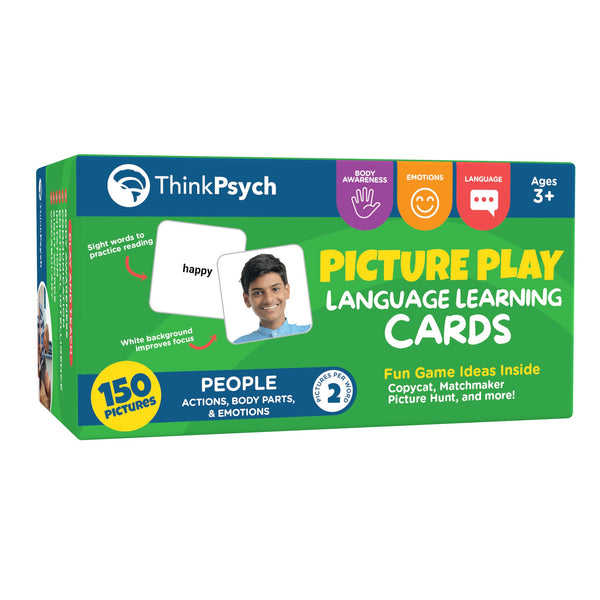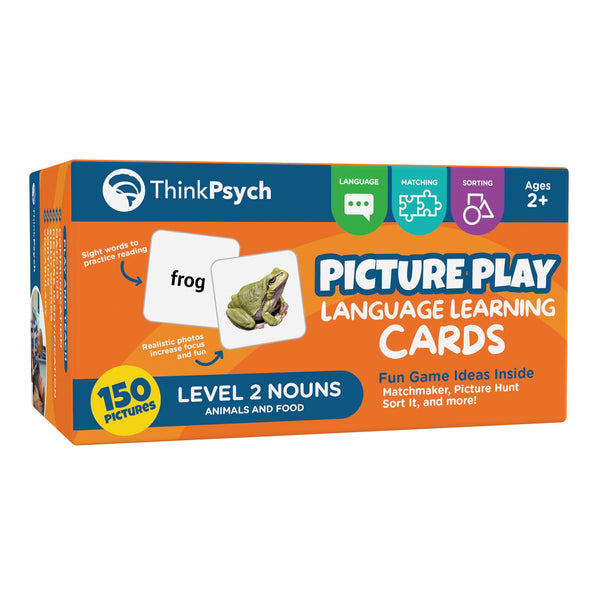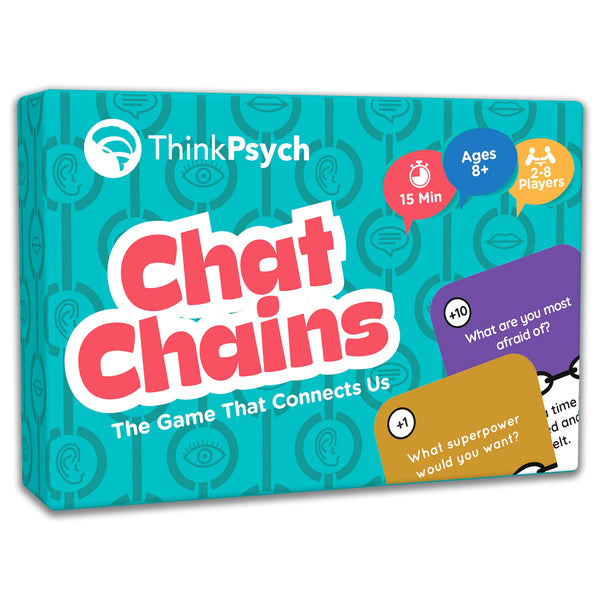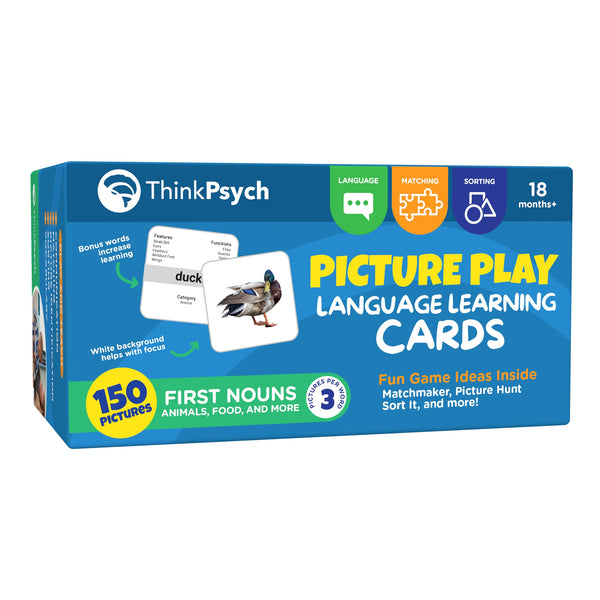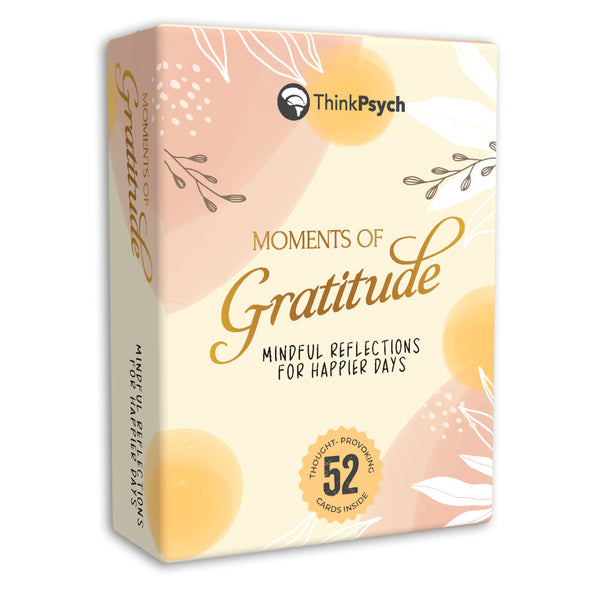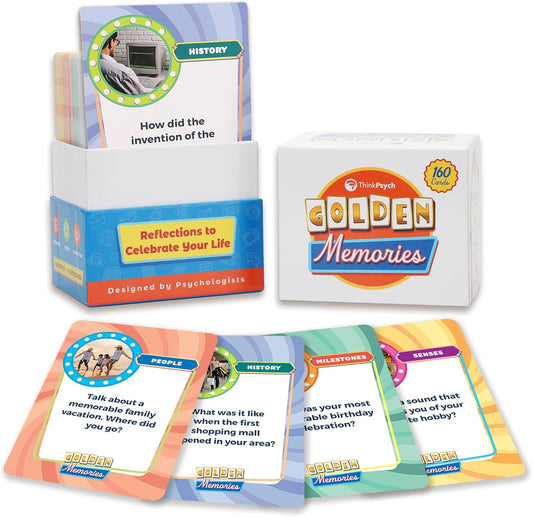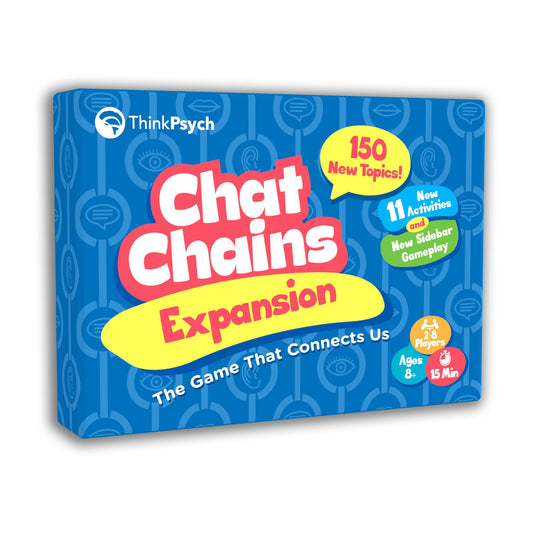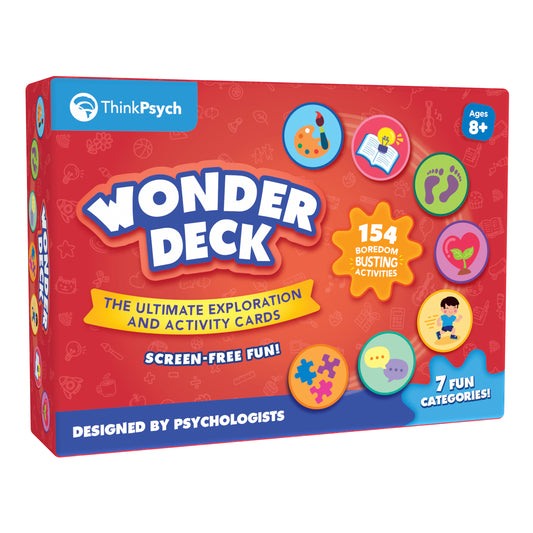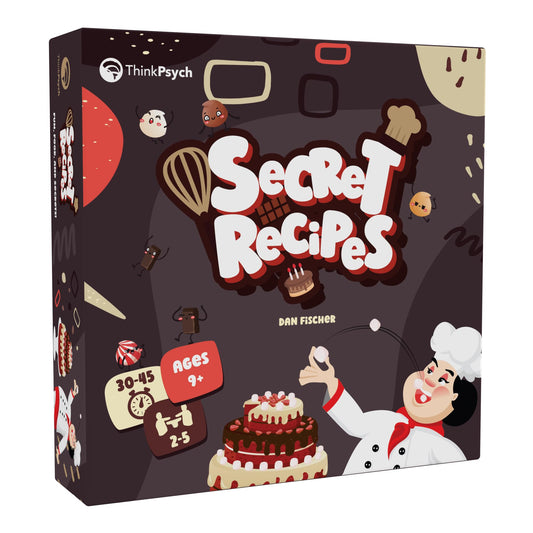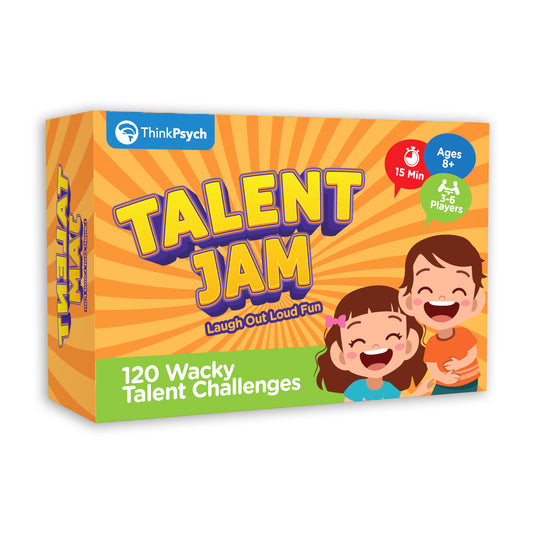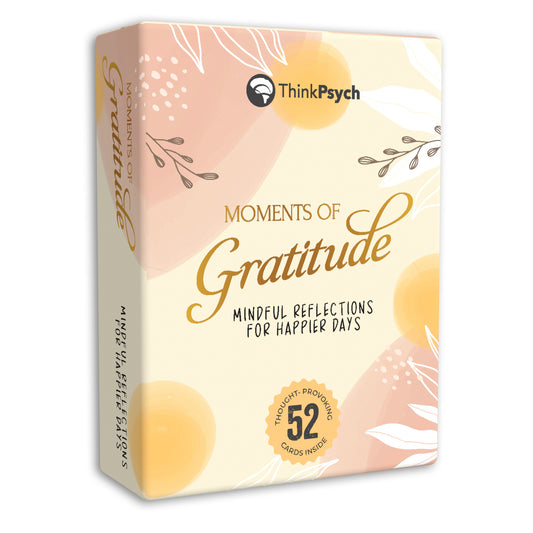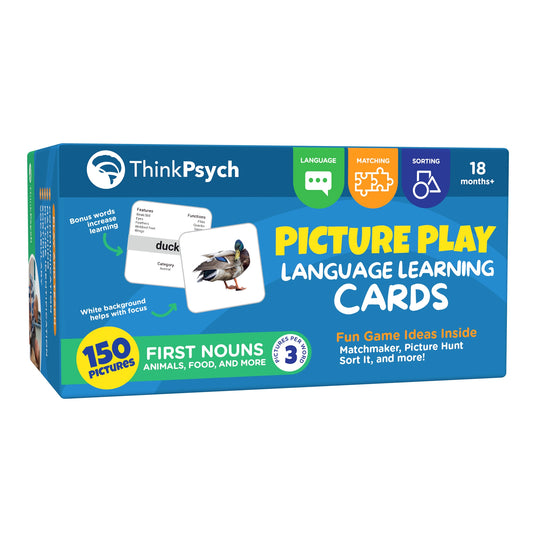
How IEP Goals Can Promote Social Skills
Share
Are you worried about your child's ability to make friends or join group activities? You're not alone. Many parents are concerned about their child's social connection skills.
Individualized Education Programs (IEPs) extend far beyond academic support. A well-designed IEP incorporates social-emotional skills and goals that help your child thrive in all aspects of their development. These structured goals provide a clear pathway for social growth while aligning with educational standards.
What Is an IEP?
An IEP is a personalized, legally binding document designed to support students with special needs. While many IEPs focus on core academic areas, they should also include social and emotional developmental goals to help children connect with peers and navigate social environments successfully.
As part of the Individuals with Disabilities Education Act, parents and teachers collaborate to address a child's unique needs across all developmental domains, including social skills that align with common core standards.
Why Include Social-Emotional Goals in IEPs?
Social skills are fundamental to school success. These skills—including collaboration, communication, and emotional intelligence—help children become more socially adjusted and confident. Rather than using traditional disciplinary approaches that may cause children to shut down, a positive reinforcement approach validates children's emotions while teaching them to make constructive choices.
What Are Those Common Core Standards, Anyway?
You've probably heard teachers mention "Common Core" during school meetings. In simple terms, these are guideposts that help everyone—teachers, parents, and students—know what kids should be learning at each grade level. Think of them as a road map for your child's educational journey.
When you see codes like "SL.K.1" in your child's paperwork, here's what that means: "SL" stands for Speaking and Listening skills, "K" is the grade level (kindergarten in this case), and "1" is the specific skill (participating in conversations). These aren't just random requirements—they're skills your child needs to succeed both in school and in life.
The beauty of connecting your child's IEP social goals to these standards is that you're helping them develop crucial life skills while also keeping them on track with their classmates. It's a win-win approach that supports their unique needs while building skills they'll use every day.
Key Social Development Goals and Objectives
Below are two essential social development goals for children, along with their specific objectives and game suggestions to support skill development.
Goal 1: The student will engage in cooperative play with peers.
Objectives:
Customer Favorites From Our Store
- The student will take turns and wait for their turn appropriately.
- The student will accept who goes first/last or who is the judge/team leader without displaying frustration.
- The student will appropriately handle losing a competitive game (e.g., will congratulate the winner).
- The student will appropriately handle winning a competitive game (e.g., will not tease others for losing).
Aligned Standards:
- SL.K.1, SL.1.1, SL.2.1, SL.3.1, SL.4.1, SL.5.1: Participate in collaborative conversations/discussions with diverse partners
- SL.K.6: Speak audibly and express thoughts, feelings, and ideas clearly
- SL.3.1b: Follow agreed-upon rules for discussions
Games and Activities to Support This Goal:
- Chat Chains and Chat Chains Expansion: These conversation card games feature engaging topics that spark natural conversation while reinforcing the skill of waiting for others to finish before speaking and maintaining a conversation. The simple format makes it perfect for children who find social interactions challenging.
- Talent Jam: This creative performance game helps children learn to follow the rules of a game while getting out of their comfort zones and having fun. Players take turns being the “judge” while others perform silly talents, teaching children to present to groups and accept others’ decisions with grace.
- Secret Recipes: This is a great game for children who have difficulty with winning and losing. Players create "recipes" with ingredient cards and earn points for their creations. This game helps children practice appropriate reactions when things don't go their way and to celebrate with others regardless of who wins.
- WonderDeck: This activity deck helps kids say goodbye to boredom! It provides structured opportunities for turn-taking and cooperative play.
Goal 2: The student will participate in collaborative conversations or discussions.
Objectives:
- The student will give eye contact to a speaker.
- The student will not speak at the same time as others.
- The student will take turns speaking in conversations.
- The student will ask questions to get information or continue a conversation.
- The student will answer questions posed by peers.
- The student will build on a conversation by responding to comments posed by others.
- The student will respond to comments in a conversation with peers for a specific number of exchanges.
- The student will make appropriate comments that are relevant and contribute to a conversation.
- The student will express their own ideas during a collaborative discussion.
- The student will connect their own ideas to those expressed by peers during conversations.
Aligned Standards:
- SL.K.1-6, SL.1.1-6, SL.2.1-6, SL.3.1-6, SL.4.1-6, SL.5.1-6: All Speaking and Listening standards
- SL.K.3, SL.1.3, SL.2.3, SL.3.3: Ask and answer questions to seek information or clarification
- SL.1.1b, SL.2.1b, SL.3.1b: Build on others' talk in conversations
Games and Activities to Support This Goal:
- Chat Chains and Chat Chains Expansion: These games provide structured conversation starters and help keep dialogue flowing. They also include bonus challenges, which require communication and collaboration to complete.
- Dive In: This innovative conversation game features special dice and cards that transform how children learn to ask questions and engage in meaningful exchanges. The colorful dice allow players to build different types of questions. The topic cards invite deeper connections as children practice both asking and answering questions in a low-pressure environment. It's especially effective for children who struggle with initiating conversations or showing interest in others' thoughts and experiences.
- Eye Contact Activities: Try face painting or wearing funny glasses in group settings to make eye contact less intimidating.
- Speaking Ball: Pass a colorful ball around, allowing only the person holding it to speak. Eventually, this can become an "invisible ball" that represents whose turn it is to talk.
- Topic and Response Cards: Create cards with conversation starters and appropriate/inappropriate responses to help children recognize good conversation skills.
- Guided Outings: Use visits to places like zoos or aquariums to practice sharing ideas and staying on topic with leading questions.
Setting Measurable Social IEP Goals
For effective progress tracking, phrase goals in specific, measurable terms. Instead of vague targets, use the SMART framework:
- Specific: Clearly state what skill is being developed
- Measurable: Include quantifiable metrics (e.g., "Make eye contact at least five times in a one-minute conversation.")
- Appropriate: Ensure goals match the child's developmental stage
- Relevant: Focus on skills that will meaningfully impact the child's social functioning
- Time-bound: Set a timeline for achievement (e.g., "twice this week")
Supporting Social Skills Development at Home
Create a coordinated approach between home and school:
- Use consistent language and techniques across environments
- Create a system of games and prompts that reinforce classroom learning
- Regularly communicate with teachers about progress and challenges
- Practice skills in natural settings beyond structured activities
Your Child's Social Skills Matter — and IEPs Can Help
With the right support, your child can develop essential communication and social skills that will benefit them throughout life. An IEP serves as a roadmap to your child's developmental success, addressing not just academic needs but social-emotional growth as well.
Take an active role in discussing your child's IEP with teachers and school counselors to ensure comprehensive support for their overall development and happiness.
Sources:
- Individualized Education Programs (IEPs) https://kidshealth.org/en/parents/iep.html
- Montessori Approach: Positive Discipline https://sapientiamontessori.com/uncategorized/montessori-approach-discipline/
- English Language Arts Standards » Speaking & Listening » Kindergarten https://www.thecorestandards.org/ELA-Literacy/SL/K/


